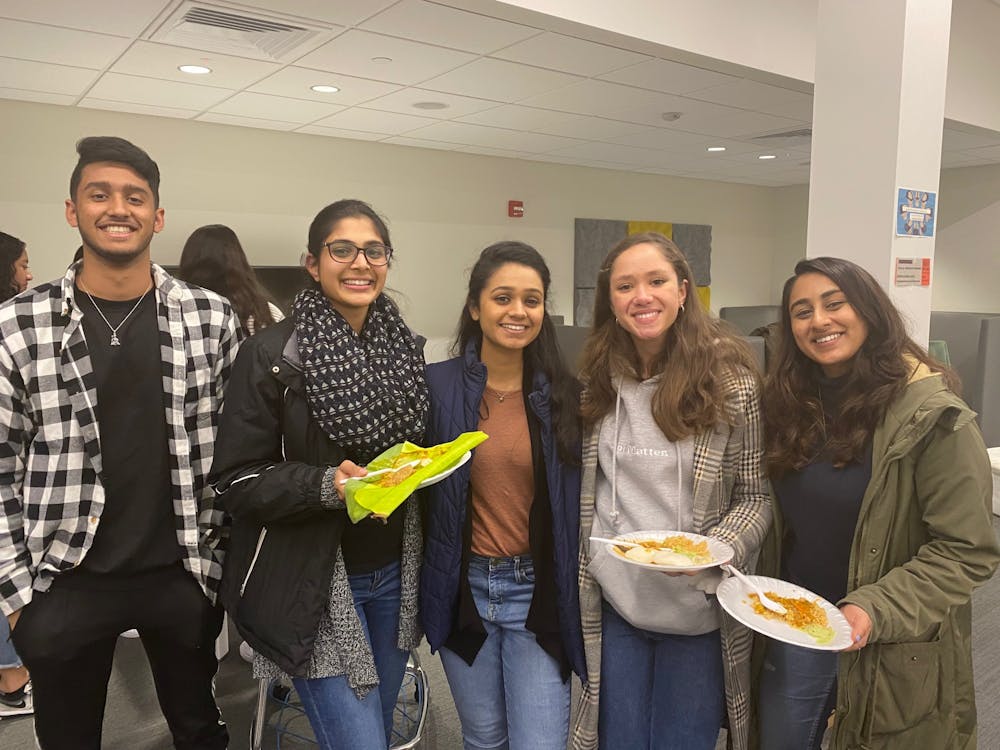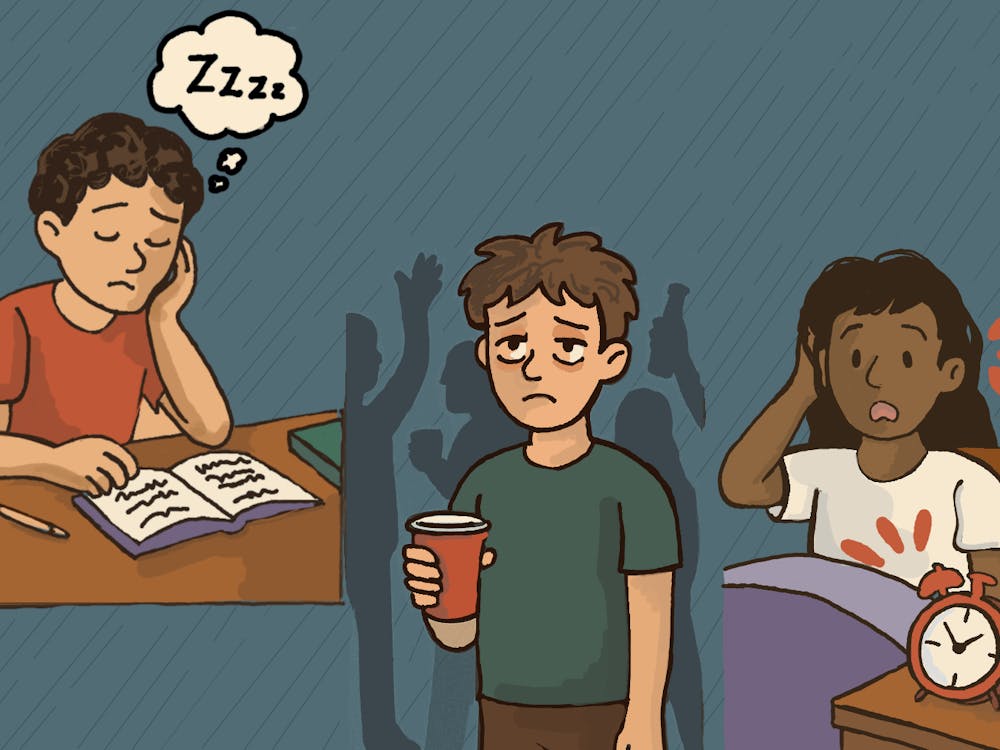With a rich and diverse culture, India is home to individuals who celebrate a wide range of traditions and religious events. As we approach the end of January, many people in India partake in a myriad of festivities to honor the arrival of the harvest season — celebrations which vary based on the region in India they take place.
For instance, in North India, which include the states of Kashmir, Punjab and Rajasthan, the festival is called Makar Sankranti or Lohri, and those that celebrate them traditionally fly kites or have bonfires. In the South Indian states of Andhra Pradesh, Tamil Nadu and Kerala, celebrations are referred to as Pongal. South Indians, especially those in the Tamil Nadu community, celebrate Pongal with activities that include boiling milk and decorating cows.
To celebrate the beginning of harvest season, the Indian Student Association hosted its first ‘Harvest Festival’ in the Language Commons Friday. While the event was directly advertised to all ISA members, the event was open to all University students interested in learning more about Indian culture and traditional practices. An estimated 15 to 20 people joined in on the celebrations.
“Something that we haven’t done in the past was making sure we highlight not just the broad Indian culture, but also some of the more intricate things that make the culture so rich,” said Shivani Saboo, ISA president and fourth-year Engineering student. “So, this is why we really wanted to do this.”
While this event is quite popular in India, it is not celebrated as much among Indian Americans. Because of this, the ISA culture chairs — second-year College student Nidhi Desai and second-year Engineering student Aparna Ramanan — decided to bring this celebration to the Charlottesville community.
Fourth-year Commerce student Urja Jariwala attended the event and enjoyed ISA’s ability to showcase India’s diverse subcultures while still creating an inclusive event that honors all three agricultural festivals — Makar Sankranti, Lohri and Pongal.
“These festivals are each celebrated in different parts of India, and so very few people would have been exposed to all three, which is what made the combination even greater,” Jariwala said.
After receiving feedback from current ISA members, Desai and Ramanan realized there was a lack of South Indian representation in both ISA events and the type of food served. The Harvest Festival marked one of the first events in the past few years that catered towards this, providing a traditional South Indian harvest dish to all attendees. The dish — known as Pongal — is a popular rice dish that can be made either savory or sweet, and its ingredients include rice, milk, butter and jaggery — a type of brown sugar — if sweetened. At Harvest Fest, ISA members decide to serve both savory and sweet versions of the dish.
However, during planning, Desai and Ramanan realized that finding a nearby restaurant to order from was difficult. While there are plenty of North Indian food options in the greater Charlottesville area, there is a dearth of South Indian restaurants.
“I think this goes to show that there is not just a lack of representation within U.Va. or ISA, but it extends farther into our community,” Desai said. “North Indian culture is portrayed as all Indian culture, which is not true at all.”
As a result, rather than having the Pongal catered from a restaurant, it was homemade by Desai’s and Ramanan’s parents and then driven from Northern Virginia to Charlottesville. Many other parents of ISA members offered their time and culinary expertise to contribute to the event as well. Other homemade items included medu vadas, which are savory South Indian fritters, and steamed rice cakes known as idlis.
While food was an important part of the celebration, Desai and Ramanan wanted to make sure the event went beyond simply providing traditional Indian food to its attendees. Displayed on tables across the room were vegetables, seeds, soil and pots. All of the vegetables on the tables are typically harvested in India and representative of all three agricultural festivals, and attendees were encouraged to take the seeds and plant their own vegetables.
“I think our biggest goal was to make sure that this was an event that wasn’t just Indian food and talking but had some educational aspect to it, which is a theme we are trying to continue this year as culture chairs,” Desai said.
In an effort to embrace India’s diverse culture and still promote inclusivity, Desai and Ramanan created this ISA event to honor not only Pongal, but all harvest festivals across the country — allowing South Indian students to connect with their cultural roots and North Indian students to learn more about the various cultures and traditions found in other parts of India.
“The mission of our events is to connect U.Va. students here that are missing that Indian cultural identity,” Ramanan said. “This event in particular helps South Indian students actually get that knowledge of Pongal and feel like they are at home.”







